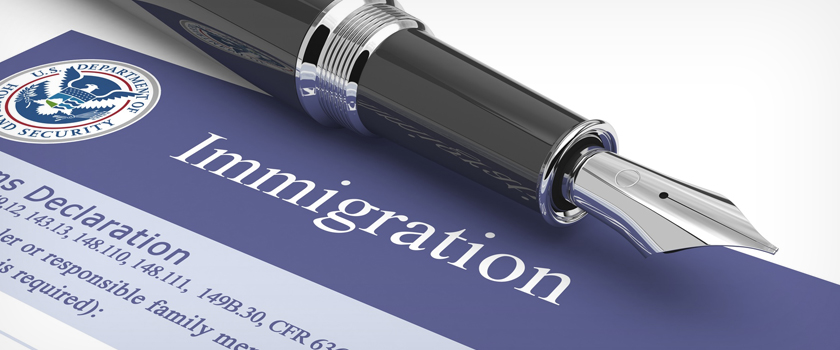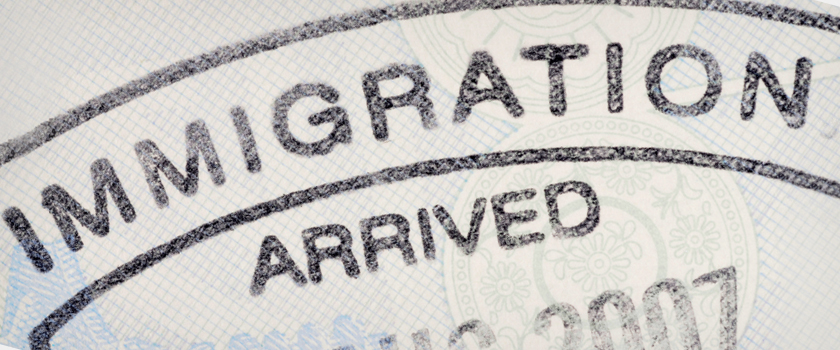2025 Offer Request a Quote Today and Grab a $50 Coupon for Free!
What makes a great project manager? Is it the ability to manage a team of translators or does the timely submission of every project make you the best among the rest? Well, different factors account for a good project manager but the most critical aspect is the ability to attain high-quality results.
It is very difficult to ensure the quality of translation projects when you do not speak a native language. The translated content should clarify the meaning of source text into the target text. Following this process can be tedious and frustrating but you can control it by following some useful tips.
The translation industry has become more professional because they are following standard quality procedures. Although there is no universal definition of quality, you can take some measures to improve the results.
Understanding how you can produce quality translation is important. Let us have a look at some useful tips that can ensure seamless translation.
Preparing the content for translation is the first step. Make sure your content file is concise, well written, proofread, and edited before you go for translation. Your content should be in the final stage. Requesting for the translation of the project that is not in its final stage will increase the probabilities of error. If your company content is not complete, do not go for translation. If there is a consistent terminology in your source content then you will likely get the best quality results. The use of terminology in the source content will boost quality standards, reduce the turnaround time, and save money spent in rework. If you have given the deadline to complete the translation but the content is not completed then you need to talk to your client explaining to him the reason. This will surely decrease the chances of errors.
Every translation project manager aims to get up to the mark translation. But what does it mean? Is that a translation that is different from source content but it attracts your target audience? Or is it the translation that keeps your style of writing uniform in various languages? You can define translation quality in different ways that solely depends upon your translation requirements.
For this reason, you need to define your quality parameters and how they can be evaluated. By doing so, you can work accordingly to improve the results as per the set standards. Your stakeholders need to be on the same page as well. The client must have some translation requirements and objectives as well. If there is the difference of opinion between you and your client and if the head of the department did not give input regarding standard quality then you will not be able to get the best quality results.
All the translation companies work according to translation and localization needs keeping in view quality standard measures. Do not be afraid to ask the translation company about translation quality measures. The translation companies take many measures regarding improving the workflow, managing the time, and reducing the time of rework by cleaning up the translation memory. These steps enhance the quality of your translation projects. It is recommended to include terminology management in the translation project strategy.
Terminology will help you in managing time and delivering impeccable translation. Besides, make sure you follow the style guides and glossaries to maintain consistency. These tools will help to work according to quality standards and will save you time and money.
It is necessary to go to a great extent with your linguists to provide supreme quality translation and review translations. It is better to have your own internal translation reviewer so that they can show the same enthusiasm towards quality by allocating qualified reviewers. For instance, an employee who speaks the target language is not recommended for translation review because he is unaware of the country dialect. If you want to get reviews from more than one reviewer then you should give standard guidelines to them to follow. It becomes very hard to fulfill quality standards if they have conflicting reviews and if they do not have prior experience to check quality standards.
Make sure you get your translated project reviewed by qualified professionals, acknowledge their feedback, and share it with your translation project team. This will help to improve quality standards according to the requirements. Do inform the translation company about quality reviewers, whether you require internal reviewers or external reviewers. This will set a quality benchmark for your translation project.
Getting a high-quality translation is not an overnight game. You need to identify clients’ primary expectations and take their requirements into account to give the best possible results. While working with the translation project do consider quality measures to ensure the best quality outcomes.
In order to get a high-quality translation, you need to focus on key challenges and find the most suitable translators who have relevant experience and a strong grip over the desired language pair. By using some tools like glossary management and translation memory, you can improve the overall quality as well. Last but not the least, to maintain your quality standards, you need to take feedback from your clients.
Here at Mars Translation, we are providing swift and top-quality translations for over 25 industries in 230+ languages. You can come to us for flawless yet affordable translation services. Contact us now and get a quote for free!

Immigration is the process where you can move to a certain country, of which you don’t have a nationality, in
Read more
When it comes to the world of the medical profession, accuracy is one of the most crucial aspects. Especially when
Read more
The testament is a form of document that the author has declared to be true. Not all forms of testaments
Read more
In the previous article, we have introduced how to get direct link from Google drive, but if the file that
Read more
When you use the online file conversion function of Mars Translation, you can directly upload the OneDrive files onto Mars
Read more
A transcript is not only a copy of a student’s permanent academic record but also a written record of the
Read more
You know that with the raising standards of life, people move where there is more scope and a bright future.
Read more
You are using Court documentation in daily matters. You need the help of court to resolve your matters in an
Read more
Now a day as you know that rights amendments are taken, so in order to make them authentic and legal
Read more

